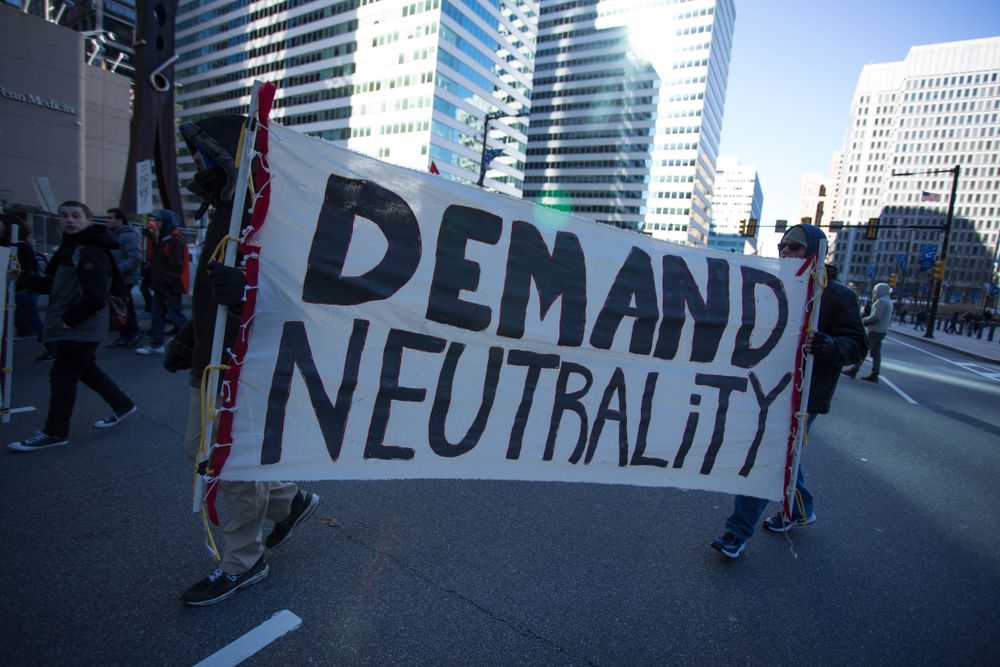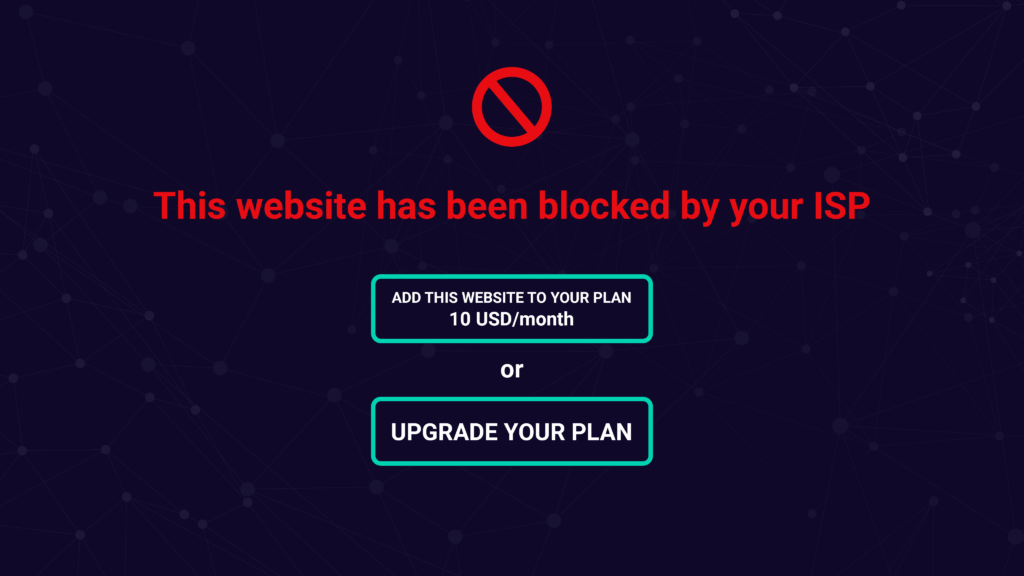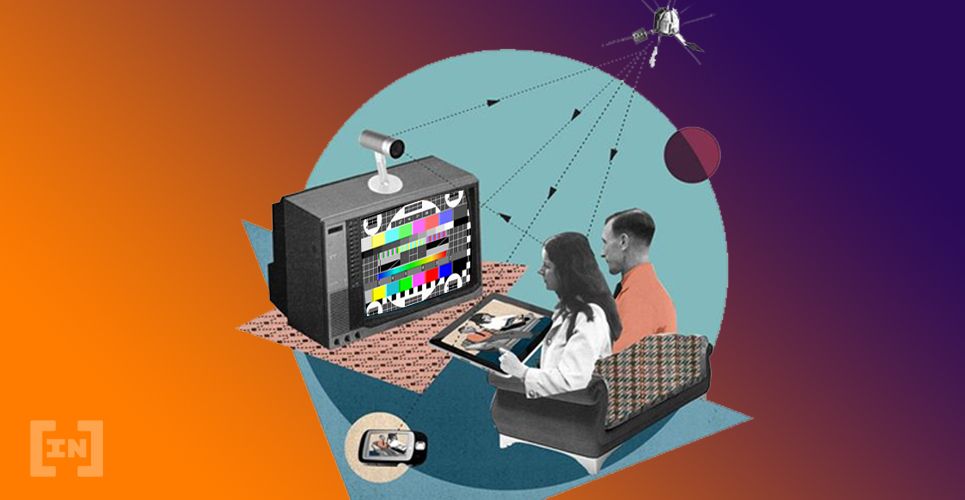In news that is less than surprising, a number of Internet Service Providers (ISPs) in the European Union (EU) are accused of violating net neutrality. The accusations suggest that 186 ISPs have broken the law through deep packet inspection (DPI) to access user information.
The EU net neutrality regulations have been in place since 2016, but recently the accusers have drafted a letter suggesting that the ISPs are rife with infractions. In particular, by using DPIs in their user tracking, the companies have access to sensitive user information.
“The evaluation of these types of data can reveal sensitive information about a user, such as preferred news publications, interest in specific health conditions, sexual preferences, or religious beliefs.”

Hardly Net Neutral
The laws currently in place in the EU are designed to protect sensitive user information from ISPs and other entities. Nevertheless, companies are able to use the data gathered from these sources to channel and prioritize traffic and pricing based on user information. This allows companies to generate revenue by offering and charging for faster processing times. What’s more, in prioritizing traffic, some users receive far less quality service for equal pricing. In the end, companies are able to create and control content and data flow to maximize profitability. While business is certainly all about profits, the morality of such controls has been called into question. The internet is, by its nature, decentralized. To charge for access at different speeds and levels based on a particular user’s profile violates that principle.
Decentralize for Neutrality
While the current EU legal climate prohibits these practices, the complexity of the data being transferred makes policing the companies difficult at best. The answer, according to some, is to begin providing decentralized solutions for internet access. Instead of generating profits by user profiling, a decentralized ISP would allow users access to the internet without divulging private information. In this way, profits would be redirected back into the system, drastically reducing the cost of internet access for all. What’s more, it would normalize the pricing for all entities regardless of profile. Blockchain technology is designed to do just that. By replacing third-party entities with technological solutions, blockchain links users together in a peer-to-peer structure. In such a system, neutrality is guaranteed by the technology and its built-in barriers to centralized control. Do you think the EU should do a better job of policing net neutrality or is such a thing just a pipe dream? Could blockchain systems solve the problem through decentralization? Let us know your thoughts in the comments below!Disclaimer
In adherence to the Trust Project guidelines, BeInCrypto is committed to unbiased, transparent reporting. This news article aims to provide accurate, timely information. However, readers are advised to verify facts independently and consult with a professional before making any decisions based on this content. Please note that our Terms and Conditions, Privacy Policy, and Disclaimers have been updated.

Jon Buck
With a background in science and writing, Jon's cryptophile days started in 2011 when he first heard about Bitcoin. Since then he's been learning, investing, and writing about cryptocurrencies and blockchain technology for some of the biggest publications and ICOs in the industry. After a brief stint in India, he and his family live in southern CA.
With a background in science and writing, Jon's cryptophile days started in 2011 when he first heard about Bitcoin. Since then he's been learning, investing, and writing about cryptocurrencies and blockchain technology for some of the biggest publications and ICOs in the industry. After a brief stint in India, he and his family live in southern CA.
READ FULL BIO
Sponsored
Sponsored

